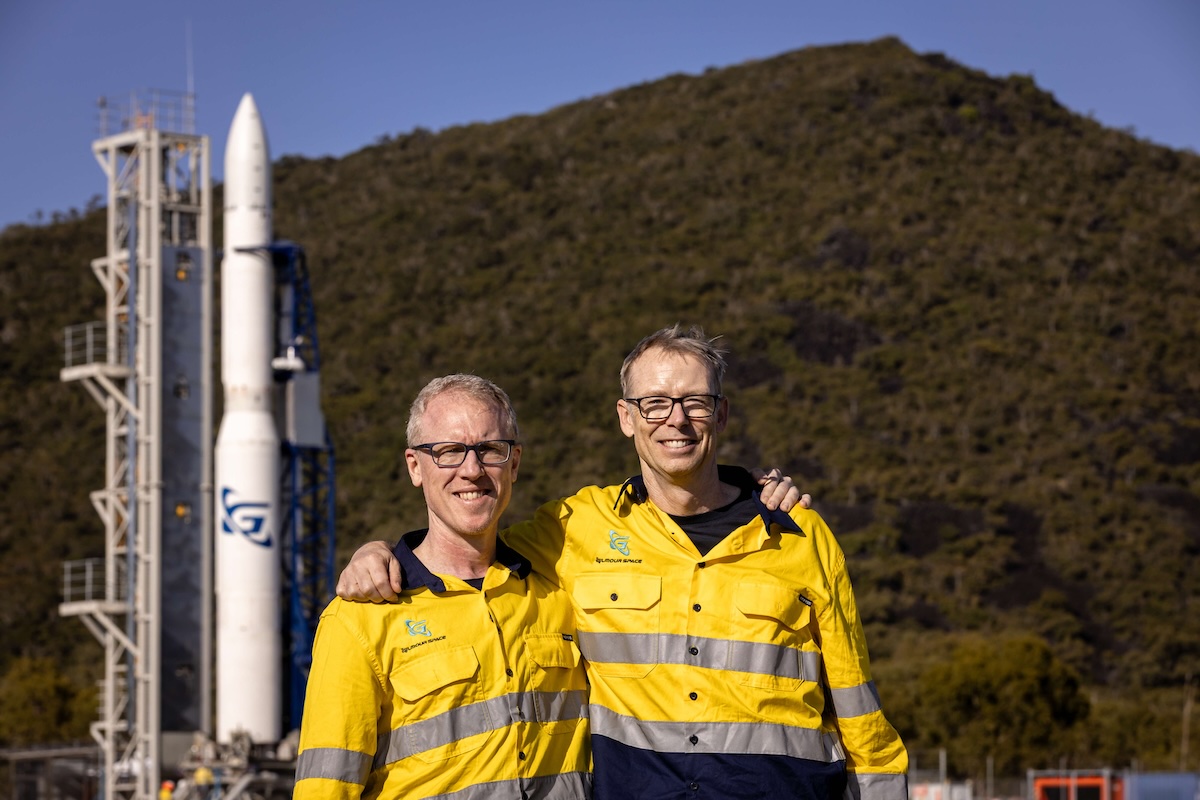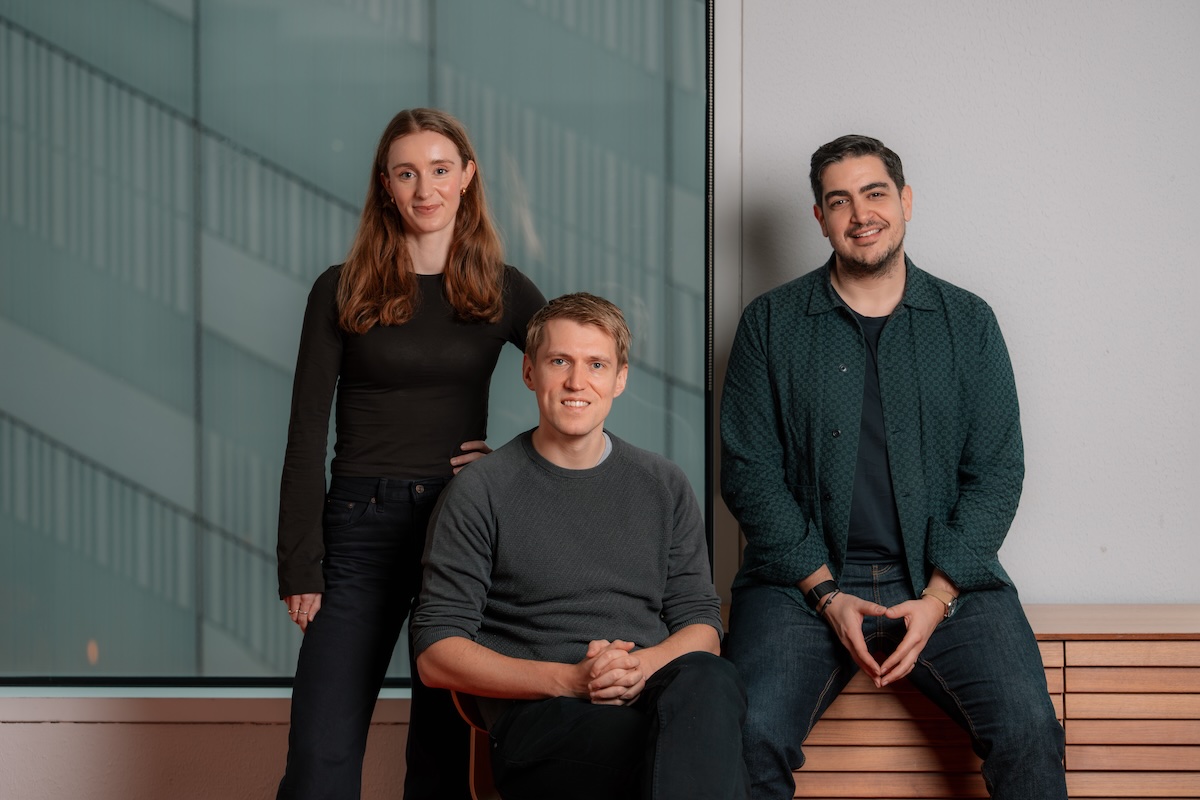
7 Reasons We’re Excited About Australian Startups
Why Australia has such a great startup scene.
Software is cheaper
Mark Suster’s blog post says it far better than I could, but in case you’ve missed it, the cost of developing and deploying a professional, scalable web site has decreased by a factor of 100. In 2000 it cost about $5m to do this as you had to buy databases, server software, and rent or buy hardware. By 2005, costs started coming down due to free server software and the launch of AWS drove costs down even further. The latest efficiencies come from the rise of high level frameworks and APIs that make software even faster, easier and cheaper to develop. In 2013 one or two techie founders can get a professional, scalable web or mobile product launched for less than $5,000, with gold standard network components. I recently met an enterprise software business, with two founders who had managed to bootstrap themselves to $10,000 monthly revenue spending $2,500.
So what does this mean for the Australian tech scene? Well, it’s a huge change! In an investment starved ecosystem like ours this means that technical founders can get from idea to real product without having to tap investors. They can get the product in the hands of real users and start seeing how they use it. Even if it does’t work, they can take their learnings and do it all over again. And all for less than $5,000. Some quit their jobs to work on their project, others keep jobs or consult until they feel confident to go all in.
Compare this to 2000, or even 2005… In 2000 to have a go at a web business, the founder had to first raise a few million dollars. Very few were able to scrappily bootstrap themselves through the initial product development period (with some excellent exceptions of course) and if they did, they rarely had enough resources to give it a second go if they didn’t nail the product first time round. So founders really had to go to Silicon Valley where the infrastructure and funding allowed you to have a go at a decent scale. Now you can just do it with very little capital here in Aus. I see it happening every day and it’s exciting.
Global Businesses From Aus
In the last three or four years, something else has happened. Digital marketing channels and the process of selling over the internet have matured. And I don’t just mean e-commerce, which in itself has boomed. I mean mobile, software as a service (SaaS) and even enterprise software. Take the hardest of these, enterprise software (that’s software sold to big corporates). Until the past few years the only way to sell this sort of software was with a human sales force. People knocking on doors, finding the right person to talk to, getting through layers of decision makers, pilots and finally sales…. and probably a few rounds of golf and steak dinners! This required large and expensive sales forces and/or big distributorship deals and proved difficult to execute from Australia.
This has all now changed. Have a look at this interview from Hubspot head of sales, Mark Roberge. I particularly like the bit where he talks about how people in enterprises now buy software.
Right, 20 years ago they had to talk to you as a salesperson to buy a product and figure out what you are about. Today people can research your product, they can try your product for free and they can often buy your product without talking to you. So what the hell does a sales person do?
People are now researching, discovering, trying and buying software (and many other services) over the internet without any (or very little) human interaction. The art of digital and content marketing has now matured and this means that you can now build a business that attacks a global market day one from anywhere in the world. This model is exemplified by many of the successful Aussie startups of recent times: Atlassian, Halfbrick Studios, 99Designs, Campaign Monitor. These businesses are proof that you can play on the world stage from Australia. Their business models are scalable and capital light. Five years ago these companies pioneered this sales model, and now we’re building a nice body of expertise in this area in Australia.
Access to Information
Ten years ago you really needed to go to Silicon Valley, spend time in the ecosystem and slowly network your way in to really understand how things worked. It was an opaque club which was hard to break into unless you were there. The last generation of VCs and founders hid behind a strict wall of confidentiality, not wanting to disclose their businesses and models for success. In the past few years this has changed. The huge boom in blogging, Twitter, LinkedIn and the plethora of other social/news networks have changed this. Now the best VCs and founders build their personal brands by actively talking about what’s working and what’s not. There is a constant stream of information flowing out of the tech startup industry and because of this, it’s now one of the most accessible industries in the world.This means it’s now possible to be really well informed about the latest techniques for starting and scaling tech businesses — all without leaving Aus. Don’t get me wrong — this is a far step from being well connected into Silicon Valley and accessing its real experience and skills in building digital businesses… but it’s an amazing change from a just few years ago.
Angels are Funding Things
So you can get a product up and running and in the hands of users with $500-$5,000, but you can’t really build a big business with that (except for the one in a million freaky growth stories we hear so much about). You are going to need to pay yourself, hire a team, spend some money on marketing … and this requires some capital. For most internet and software companies the initial amount needed is $500–800k for the first 1–2 years. It allows the founders to quit their jobs and cover their living costs plus hire two or three more people to make it happen. It allows you to experiment with some marketing and customer acquisition models.This is where angel investors step up… they are individuals who are willing to take huge risks for potentially huge returns. In Australia this industry is still nascent, it’s not as big as it should (or could) be and it’s still hard. But good teams working on good products in large markets are finding this capital and many companies are getting funded by angels each year. This is great and it’s a big part of the ground roots activity we’re seeing across the country.
Communities and the Work of One or Two Individuals
All around the country we’re seeing startup communities come together. This is happening in co-working spaces, accelerators, incubators, angel syndicates and new venture capital funds. I’m convinced that all this momentum starts with just one or two passionate people. It’s not governments, universities or corporates pushing large scale “strategies”. It’s not pouring lots of money into places and it’s certainly not big buildings with no soul. What it is, is one or two really passionate people who “just do it”. All of the tech communities I see around the country started with one or two passionate people who “just do it”.Following is just a small “hero list” of people who have literally transformed the Aussie startup community in the last three years. They’ve done it often for little or no pay, because they are really passionate (and often a little crazy). And there are many more I’ve left out (please do comment with more people you think should be on the list). It a wonderful example of how individuals can make a big difference!
- James @ Incubate in Sydney
- Adrian and Nathan at AngelCube in Melbourne
- Phil and Mick at Pollenizer in Sydney
- Niki at Startmate in Sydney
- Brodie at SpaceCubed in Perth
- Stuart at York Butter Factory in Melbourne
- Kim at PushStart in Sydney
- Jana at Innovyz in Adelaide
- Seb at Blue Chilli in Sydney
- Steve at River City Labs in Brisbane
- Chhai at Majoran Distillery in Adelaide
- Jono and Sean at StartNest in Sydney
- Phaedon and Ian at Innovation Bay
- Pete, Peter and Mike at Fishburners
The list goes on and on…
Lighthouse Businesses
We now have proof that you can build global market leading software and Internet businesses from Australia. Here are some that I follow:
- Atlassian — over $200m in annual revenue, investment from Accel (backers of Facebook) and heading for a listing, probably in the US. In my view it’s a multi-billion dollar business.
- OzForex — recently listed on the ASX, current market cap of just over $600m.
- HalfBrick Studios — number 2 mobile gaming company in the world (creators of Fruit Ninja).
- Freelancer — soon to list on ASX — update: just listed.
- Others — Campaign Monitor, Big Commerce, 99designs, Aconex, RetailMeNot, Business Catalyst.
As the stories of these successes get out, we are seeing more and more strong founders deciding to give it a go. We’re also seeing people out of these companies, who’ve seen it from the inside decide they just might be able to do something similar.
Quality of Founders
What excites me most is that we’re starting to see some of the best and brightest Aussies, who five to ten years ago would have gone to work for a bank, telco, management consultant or private equity firm, think about starting a business. I think this is due to a combination of all the things I’ve discussed above. It’s only a small number of people who are able to bring together all the magic you need to be a successful founder — but the number is growing. So as we travel Australia to introduce our new fund, we’re increasingly excited about the growing momentum. It’s nascent, it’s still tough, it’s messy down in the trenches and there’s a high failure rate. But it’s happening and we’re seeing it happen all over the country. I’m convinced there will be another 20–30 world leading software and internet companies built in Australia over the next 5–10 years. At Blackbird Ventures we aim to help as many of those as we can find! That’s why I’m excited about the tech scene in Australia.



.webp)



.avif)



